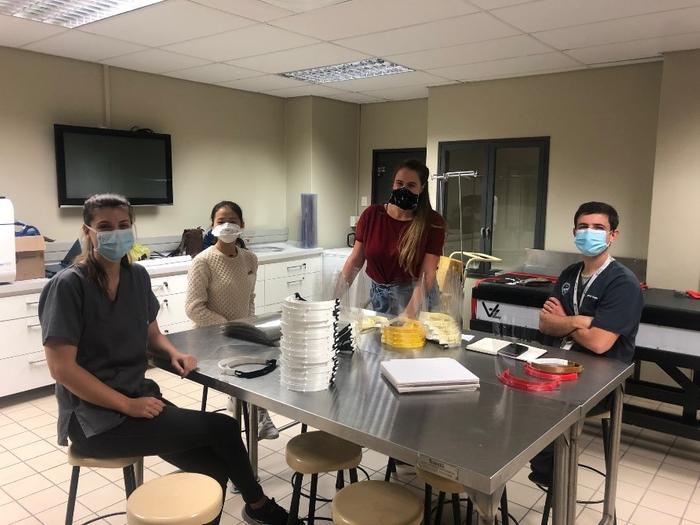How to Run a Student Medical Conference
Undergraduate orthopaedic courses/conferences are increasingly popular and have been shown to increase student confidence. Organising one is a fantastic way to improve knowledge and practice basic surgical skills. In addition, it represents a great opportunity for the organisers to develop their leadership, team working and organisational skills.

The following serves as a rough guide to organising an undergraduate day.
The first important step is determine the nature and objectives of your meeting – what do you hope that the participants will gain from the day.
Is it a conference? In which case it needs a theme and keynote speakers. Will you include free papers and/or posters? If so you will need to have a faculty to select the papers and moderate the sessions. Whilst this helps get people to register for your meeting it can be difficult to produce papers of sufficient quality.
Is it to be a skills course? If so, you need to decide which skills are going to be taught and how long each skill is going to require. Teaching practical skills requires a high faculty/student ratio and experienced faculty will be expected.
Is it intended to be a lecture based 'revision' course? In which case you need to consider your faculty and their remit very carefully. If there are going to be practical sessions e.g. Joint examination then the consideration are very similar to a skills course.
Timescale
It takes approximately six months to organise – so start planning early. It is also a good idea to ensure that the proposed date does not coincide with other similar courses.
Organisation
It is an excellent idea to involve a local, enthusiastic consultant. This adds a significant amount of credibility to the course and can provide many useful links, contacts and suggestions. In addition, it is well worth recruiting equally enthusiastic colleagues to help with the organisational work load.
The next task is to secure a venue. Consider how many rooms you need and what they will be used for. You will need to identify a room for catering and a faculty room as well as lecture theatres and rooms for skills / posters etc. Catering can be expensive if provided by the venue and it can be worth exploring alternatives. Venues may be more receptive if they know it is a non-profit student event.
Programme
The programme should ideally be developed at the earliest opportunity, aiding with early recruitment of speakers, volunteers and equipment. Try to source all your speakers locally, most surgeons are happy to speak but have a lot of demands on their time and need to be booked early.
Funding
Once the programme has been finalised sponsors can be approached. Ideally a document should be produced detailing, who you are, what you are doing and what can be offered to sponsors. This may involve sponsor branding on your advertising materiel, having a stand on the day, giving a short presentation etc. It also worth contacting national organisations such a BOTA, RCS and ASiT as well as orthopaedic journals, although with an increasing number of meetings occurring each year funding is becoming less. You also have to consider that most companies are looking at the return on their investment which is likely to be very low in the case of medical students.
The level of sponsorship received can then be used to calculate delegate attendance fees.
Advertising
Advertising has consistently proved to be the trickiest aspect to running an undergraduate course. Ideally this should be started as early as possible – around three months before the event.
National medical schools can be contacted via their SU, but perhaps more usefully by their surgical society. It may be worth approaching national periodical such as Student BMJ who may provide and advert in exchange for advertising.
Running an undergraduate conference or skills day is a lot of fun and can be hugely rewarding. Good preparation at an early stage is the key.
